The Irish Johne’s Control Programme (IJCP) met with international experts in Johne’s disease in June. This meeting took advantage of delegates being present in Dublin for a global conference on Johne’s disease.
Three conference speakers were invited to speak on their perspectives and what they learnt at the conference.
The guests were Herman Barkema (Canada), Karsten Donat, (Thuringia, Germany) and Maarten Weber (Netherlands). COVID-19 infections restricted in-person attendance of two contributors.
Other attendees were representatives from all major stakeholder groups in the Irish programme, including co-ops, farmer organisations, the Department of Agriculture, veterinary practitioners and laboratories, Teagasc and UCD.
The expert advice included that Johne’s programmes must evolve to meet changing drivers and new knowledge, sustained funding is essential for programme success, farmers and veterinary advisers (especially beyond early adopters and innovators) must be motivated to engage, communications must be engaging and relevant, simple and concise, and the programme tools of herd testing and VRAMP (a veterinary risk assessment and management plan) are technically sound but could be used to greater effect by both farmers and vets.
Attendees then discussed how this knowledge might enhance the Irish programme.
The meeting noted that the current programme is well suited to both the estimated 30% of dairy herds with infection and remaining herds that are not infected, that participating farmers are generally satisfied, and recruitment is a priority that will benefit all herds.
The workshop then discussed application of this advice.
The programme requires long-term commitment by programme funders, participating herdowners and others, and adaptability.
Also needed are herd assurance (for sellers to promote and buyers to source safer replacement breeders), research into costs and benefits of control, and more prominent and empathetic communications and promotion of those benefits to all herds including beef.
This information, plus research into participants’ attitudes to the programme, will guide programme refinements.
Check water troughs are working and have good flow rates – animals can easily become heat stressed if they can’t access water.Monitor animals closely for coughing, particularly young stock, which could be a sign of lungworm infection (hoose) and seek treatment as soon as possible.Worm burdens on pasture will be increasing as the summer season progresses. Use faecal egg counts to look at trends and help with the timing of wormer treatments.Keep an eye on dry cows and heifers to catch any sign of summer mastitis; fly control is important for prevention.Do drench tests in sheep flocks to make sure the wormer being used on farm is effective. Speak to your vet or adviser about how best to do the sampling.Healthy animals finish faster
Healthy livestock are more productive with improved average daily gains, milk yields, improved fertility and good carcase quality. Poor health is taxing and wastes energy that can be used for growth and production.
Initial findings from the Beef HealthCheck programme, which collects health information at slaughter, point to animals with disease conditions at slaughter taking longer to finish.
Heifers and steers that had evidence of liver fluke damage or infection at slaughter were on average 33.7 days older than animals without infection.
Liver abscesses were linked to an average of six additional days to slaughter for young bulls, and seven days for heifers and steers. Pneumonia in heifers and steers was linked to an average of 12 additional days to slaughter.
Animals that take longer to reach slaughter weight are an additional carrying cost to farmers (currently estimated at €4 to €4.50/day) and contribute to additional greenhouse gas emissions.
When it comes to health, prevention is better than cure and more cost-effective over the long term.
Herd health planning, including vaccinations, parasite control and pasture management, play an important part in preventing disease rather than reacting when a problem arises.
The Beef HealthCheck programme is supported by Meat Industry Ireland and has 17 factories participating across the country.
Farmers receive the results for their animals for each batch sent to slaughter and they can review all previous reports on the animal health screens at www.ICBF.com.
For more information, visit
animalhealthireland.ie.
Parasite control TASAH Consult
Sign up for the Parasite Control Targeted Advisory Service on Animal Health (TASAH) available for 2022. This voluntary programme can assist farmers by funding a free veterinary farm visit and two faecal egg counts and is open to all cattle and sheep farms in Ireland.
Farmers must register and nominate a trained vet to participate.
The programme aims to facilitate parasite control planning tailored to the farm and slow the development of anthelmintic resistance.
More information on the programme and how to register is available on the AHI website or contact your vet.
The Irish Johne’s Control Programme (IJCP) met with international experts in Johne’s disease in June. This meeting took advantage of delegates being present in Dublin for a global conference on Johne’s disease.
Three conference speakers were invited to speak on their perspectives and what they learnt at the conference.
The guests were Herman Barkema (Canada), Karsten Donat, (Thuringia, Germany) and Maarten Weber (Netherlands). COVID-19 infections restricted in-person attendance of two contributors.
Other attendees were representatives from all major stakeholder groups in the Irish programme, including co-ops, farmer organisations, the Department of Agriculture, veterinary practitioners and laboratories, Teagasc and UCD.
The expert advice included that Johne’s programmes must evolve to meet changing drivers and new knowledge, sustained funding is essential for programme success, farmers and veterinary advisers (especially beyond early adopters and innovators) must be motivated to engage, communications must be engaging and relevant, simple and concise, and the programme tools of herd testing and VRAMP (a veterinary risk assessment and management plan) are technically sound but could be used to greater effect by both farmers and vets.
Attendees then discussed how this knowledge might enhance the Irish programme.
The meeting noted that the current programme is well suited to both the estimated 30% of dairy herds with infection and remaining herds that are not infected, that participating farmers are generally satisfied, and recruitment is a priority that will benefit all herds.
The workshop then discussed application of this advice.
The programme requires long-term commitment by programme funders, participating herdowners and others, and adaptability.
Also needed are herd assurance (for sellers to promote and buyers to source safer replacement breeders), research into costs and benefits of control, and more prominent and empathetic communications and promotion of those benefits to all herds including beef.
This information, plus research into participants’ attitudes to the programme, will guide programme refinements.
Check water troughs are working and have good flow rates – animals can easily become heat stressed if they can’t access water.Monitor animals closely for coughing, particularly young stock, which could be a sign of lungworm infection (hoose) and seek treatment as soon as possible.Worm burdens on pasture will be increasing as the summer season progresses. Use faecal egg counts to look at trends and help with the timing of wormer treatments.Keep an eye on dry cows and heifers to catch any sign of summer mastitis; fly control is important for prevention.Do drench tests in sheep flocks to make sure the wormer being used on farm is effective. Speak to your vet or adviser about how best to do the sampling.Healthy animals finish faster
Healthy livestock are more productive with improved average daily gains, milk yields, improved fertility and good carcase quality. Poor health is taxing and wastes energy that can be used for growth and production.
Initial findings from the Beef HealthCheck programme, which collects health information at slaughter, point to animals with disease conditions at slaughter taking longer to finish.
Heifers and steers that had evidence of liver fluke damage or infection at slaughter were on average 33.7 days older than animals without infection.
Liver abscesses were linked to an average of six additional days to slaughter for young bulls, and seven days for heifers and steers. Pneumonia in heifers and steers was linked to an average of 12 additional days to slaughter.
Animals that take longer to reach slaughter weight are an additional carrying cost to farmers (currently estimated at €4 to €4.50/day) and contribute to additional greenhouse gas emissions.
When it comes to health, prevention is better than cure and more cost-effective over the long term.
Herd health planning, including vaccinations, parasite control and pasture management, play an important part in preventing disease rather than reacting when a problem arises.
The Beef HealthCheck programme is supported by Meat Industry Ireland and has 17 factories participating across the country.
Farmers receive the results for their animals for each batch sent to slaughter and they can review all previous reports on the animal health screens at www.ICBF.com.
For more information, visit
animalhealthireland.ie.
Parasite control TASAH Consult
Sign up for the Parasite Control Targeted Advisory Service on Animal Health (TASAH) available for 2022. This voluntary programme can assist farmers by funding a free veterinary farm visit and two faecal egg counts and is open to all cattle and sheep farms in Ireland.
Farmers must register and nominate a trained vet to participate.
The programme aims to facilitate parasite control planning tailored to the farm and slow the development of anthelmintic resistance.
More information on the programme and how to register is available on the AHI website or contact your vet.



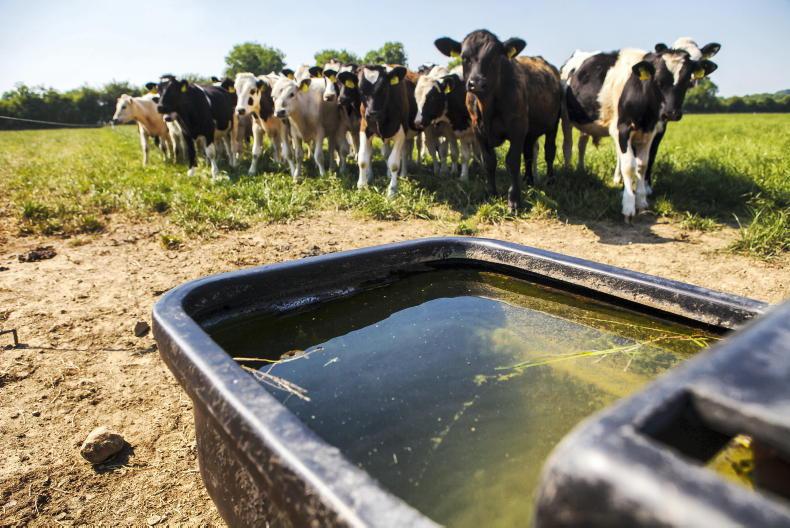
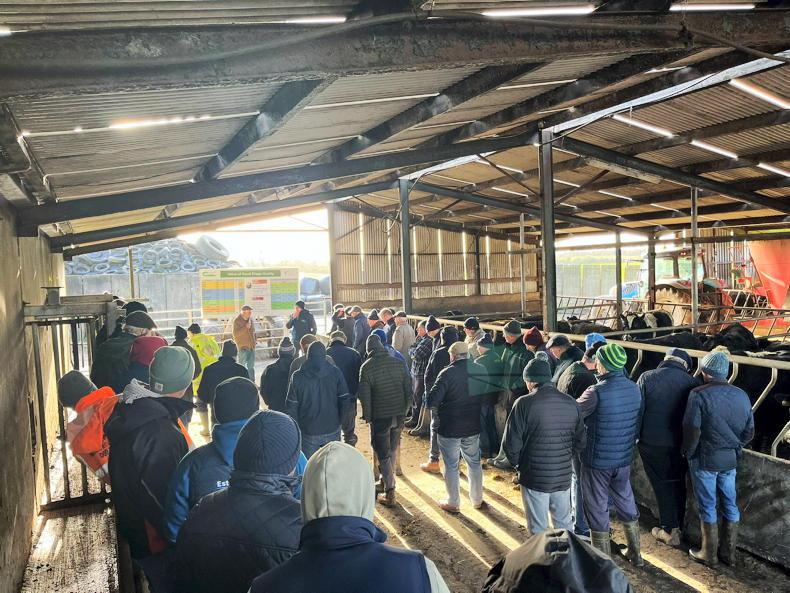

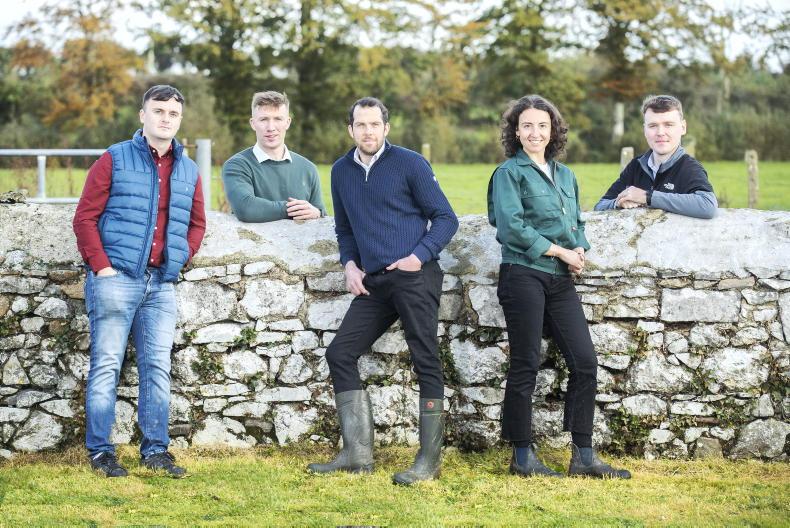
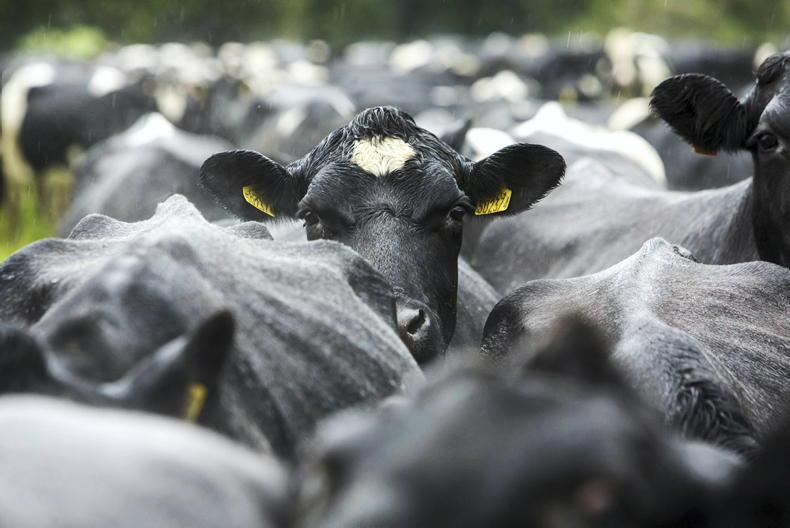
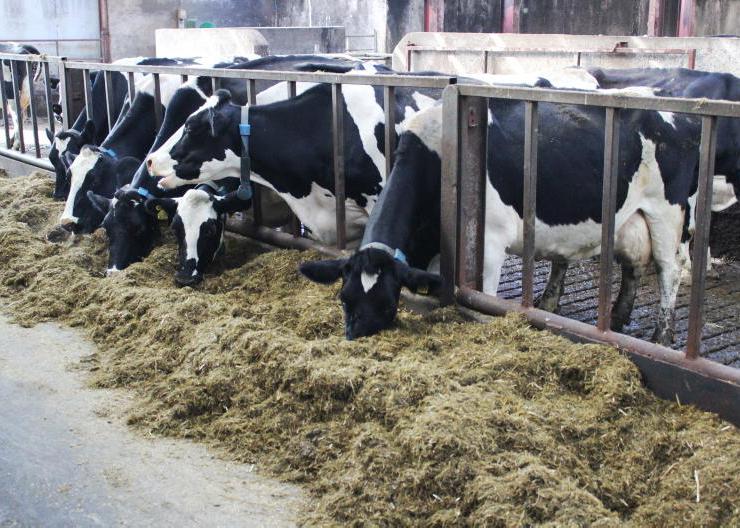
SHARING OPTIONS